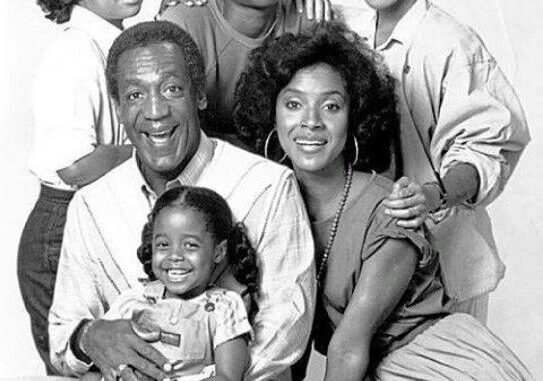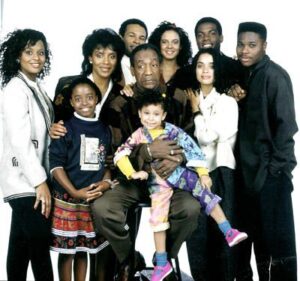
I enjoy watching reruns of THE COSBY SHOW and I always get uncomfortable with how Clair treats Vanessa.
She’s always finding some fault with Vanessa and every mistake Vanessa made, Clair reacted as if Vanessa robbed the bank.
The make-up drama was silly, what is the problem in wearing make-up? Clair was like Joan Crawford, she wanted Vanessa to stay 12 until she was 18.
Denise dropped out of college and would smart-mouth yet Clair was never as strict towards her. Even Rudy, she was very lenient. Yet Vanessa was treated as if she was the Meg of the Family.
Vanessa made mistakes but she was a sweet and probably naive girl. She never did anything bad and when she did, she felt guilty about it.
While Clair Huxtable is often praised for her intelligence, poise, and strong parenting skills, her treatment of Vanessa has been a subject of debate among fans of “The Cosby Show.”

Many viewers find Clair’s strictness toward Vanessa to be excessive and unnecessary. They point to her overreaction to seemingly minor incidents, such as Vanessa’s use of makeup, as evidence of her harshness. Some argue that Clair’s behavior towards Vanessa is reminiscent of the controlling and domineering parenting style often depicted in classic films like “Mommie Dearest.”
In contrast to her strictness with Vanessa, Clair appears more lenient with her other children, Denise and Rudy. Denise, for example, faced minimal consequences for dropping out of college and her occasional rebellious behavior. Rudy, the youngest, often gets away with mischievous acts due to his charm and innocence.
Vanessa, on the other hand, is constantly under scrutiny and faces severe punishment for her mistakes. Her desire for independence and exploration of her identity is often met with disapproval and criticism from Clair. This disparity in treatment has led some to question whether Clair’s strictness towards Vanessa is justified or simply a reflection of her own insecurities and expectations.
It’s important to note that the show aired during a specific time period, and societal norms and expectations regarding parenting and adolescent behavior have evolved since then. While Clair’s intentions may have been well-meaning, her methods may not align with contemporary views on parenting and adolescent development.